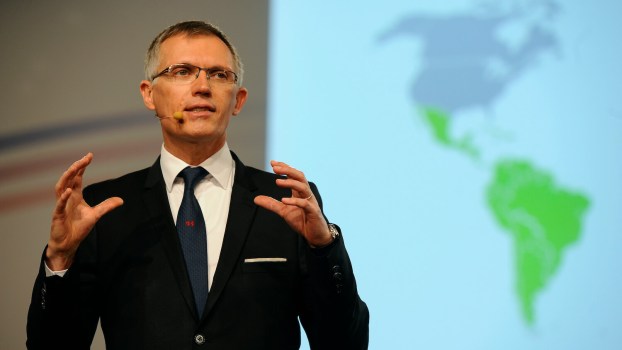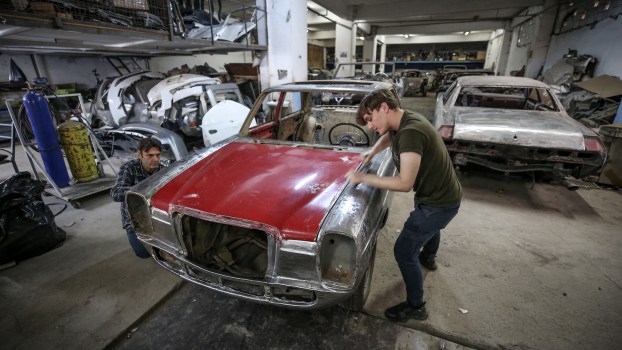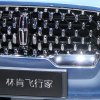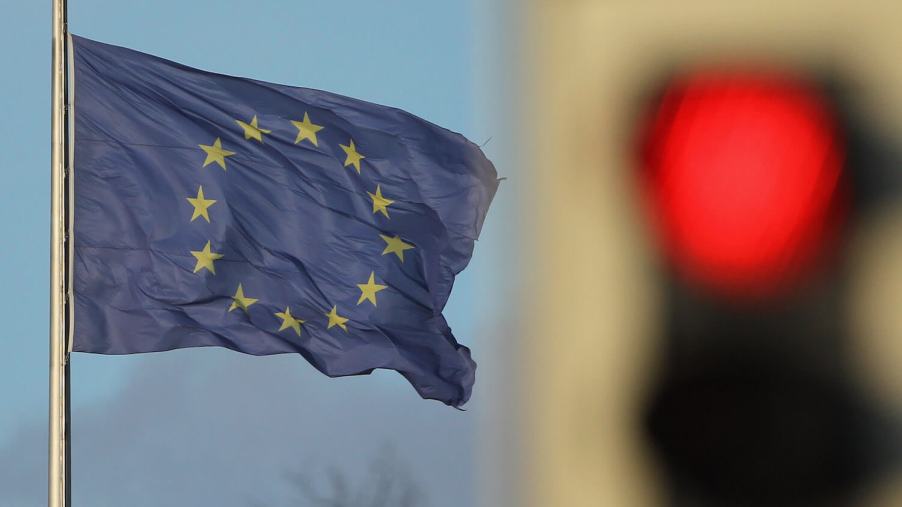
EU Kills All CO2-Emitting Cars–Combustion Lives To Fight Another Day
The European Union has long debated a 2035 ban on new combustion engines. Though German automakers such as Porsche have expressed more support for an emissions ban than automakers in other countries, the German government fought the combustion ban as written. It insisted the wording allows for emissions-free combustion. The difference between a combustion ban and an emissions ban will make room for synthetic fuels. But just as importantly, it protects automakers’ freedom to innovate.
Car companies are fighting the combustion ban
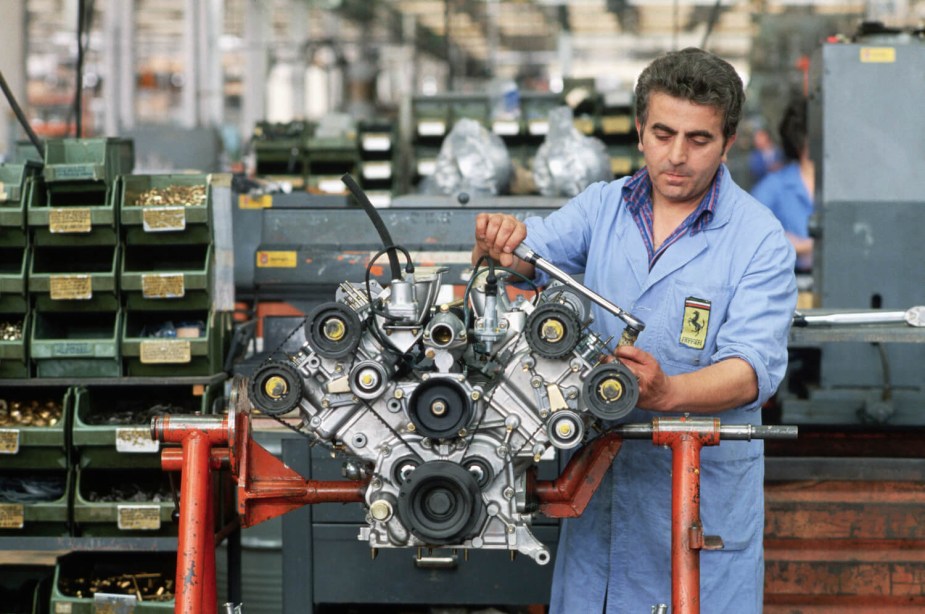
The EU is considering a ban on all new combustion engines, going into effect in 2035. Many of its member countries already legislate how efficient automakers’ lineups may be. Some European municipalities have even gone as far as banning combustion in city centers.
Not every European car company is on board with the combustion ban. Ferrari and Lamborghini are seeking an exemption. Italy’s minister for ecological transition is actually a former Ferrari director. So it’s unsurprising that he is lobbying for an exemption for Italy’s “niche” supercar manufacturers.
Lamborghini’s Chief Technology Officer added, “I believe what we sell is emotion, and part of that emotion comes from the sound of the engine…The V12 is our heritage.” Lamborghini’s plug-in hybrid V12 Revuelto represents the company’s attempt to find a middle ground.
Some automakers support zero emissions
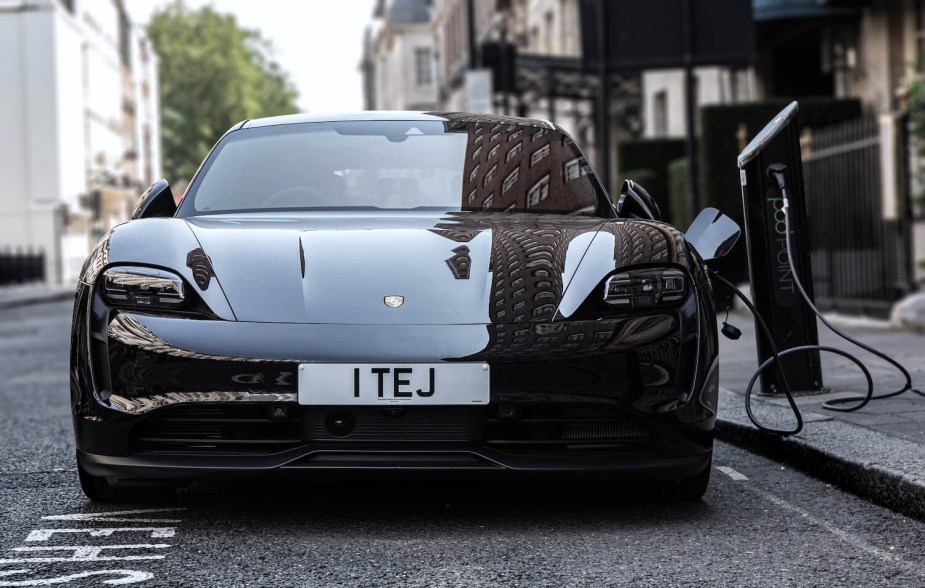
Porsche appears to be embracing electrification, releasing the four-door Taycan EV in 2021 to widespread acclaim. The company’s CEO fired back at a combusiton ban exemption for Ferrari and Lamborghini, he said, “De-carbonization is a global question and everybody has to contribute.”
But Porsche is keeping an ace up its sleeve. The German automaker has been pursuing next-generation synthetic fuels for zero-emissions combustion engines. And the German government seems to support this endeavor.
According to Forbes, Germany vetoed the outright combustion ban, backed by Italy and Poland. The coalition successfully lobbied for a clean combustion exemption written into the law.
Some environmentalists criticized this “watering down” of the combustion ban. They claim that because current synthetic fuels are four times as expensive as gasoline, the frivolous exemption will only benefit the wealthy drivers of the next 911. But there’s something even more important than the 60-year legacy of the flat-six at stake here: Automakers’ right to innovate freely
An emissions ban and a combustion ban are not the same thing
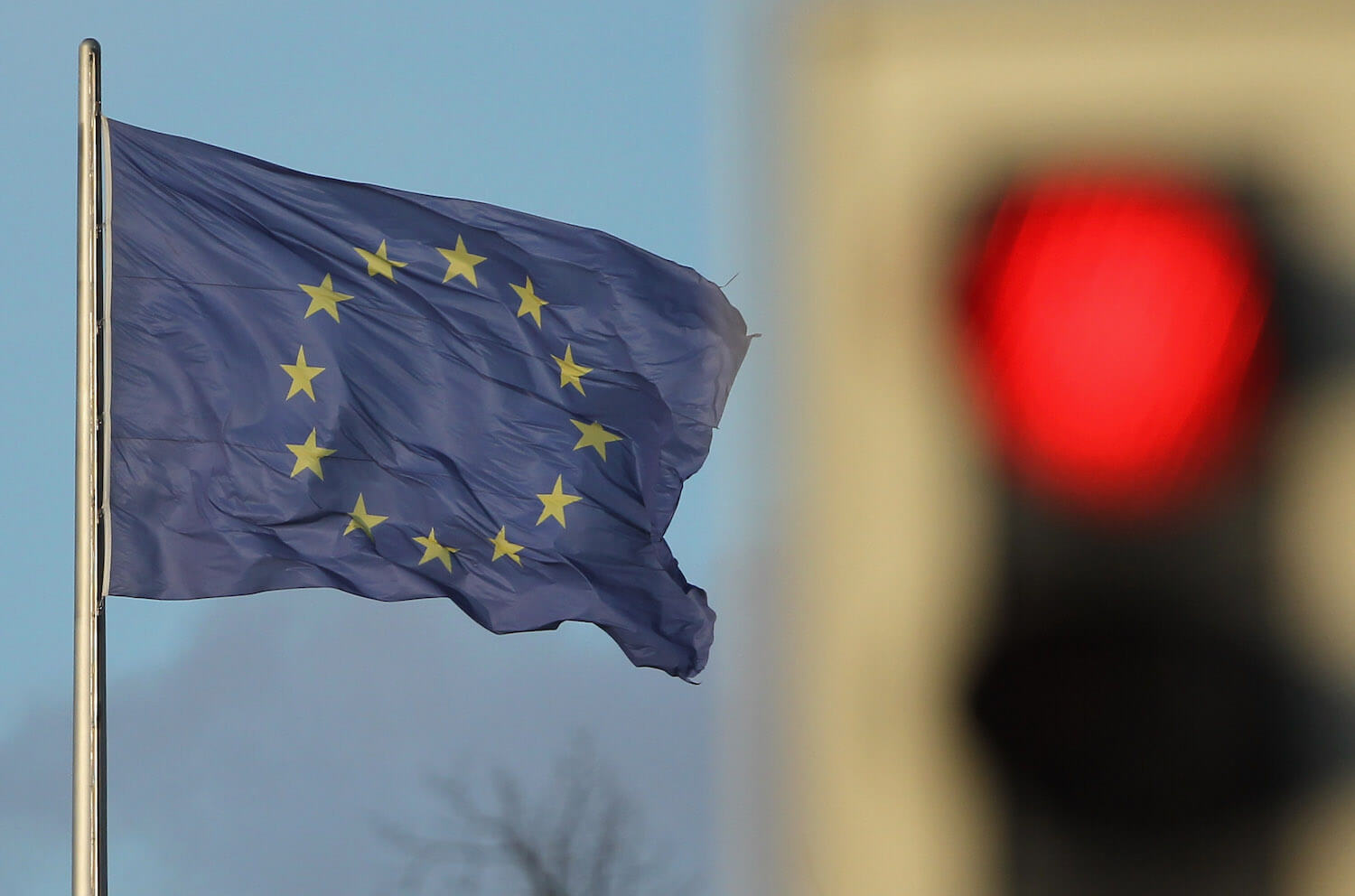
A combustion ban and an emissions ban are very different laws. Which one the government passes might decide the next vehicle you buy.
While an emissions ban might be an important step in protecting our atmosphere, a combustion ban dictates the technologies private companies can use to achieve this result. A combustion ban assumes that scientists in the free market will never come up with an affordable clean combustion technology that lawmakers have not already foreseen.
The CEO of Stellantis (Fiat, Peugeot, and Chrysler) laid out the difference between the two laws during his Freedom of Mobility panel (available on YouTube):
“Our societies are losing a lot of great potential by not having a technology-neutral regulations. This is a big, big loss of creativity of scientific power that we are deciding upfront by imposing one single technology instead of having a technology-neutral regulation that would create healthy competition.”
Carlos Tavares, Stellantis CEO
In the end, the European Union did pass a law banning “C02-emitting” cars by 2035. This choice gives the scientists working for companies such as Porsche and Stellantis maximum freedom in engineering the most affordable, effective, and environmentally-friendly solutions to our global transportation needs.
Next, read about an alternative to a combustion ban or watch EuroNews’ latest coverage of the combustion ban in the video below:
